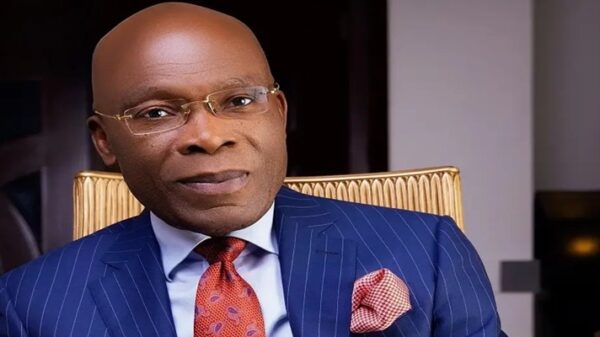The Nigerian Communications Commission (NCC) has commenced the process of reviewing all existing licensing structure in the Nigerian telecommunications industry.
This is in demonstration of its responsiveness to global trends and the dynamics in the Information and Communications Technology ecosystem.
Dr. Ikechukwu Adinde, director, Public Affairs, NCC stated this in a statement released on Tuesday, in Abuja.
He revealed that the commission has taken important step towards achieving this, when Prof. Umar Garba Danbatta, executive vice chairman and chief executive officer of NCC, inaugurated an in-house Standing Committee to carry out the task, on Wednesday, June 9, 2021.
Danbatta, while inaugurating the Committee, said the need for the review of the existing license structure was informed by the wide range of technological advances, convergence of technologies and services which have characterized the global telecoms space over the years, and which impact is increasingly being experienced in Nigeria.
According to him, the current license structure is almost 20 years old, hence the need for an urgent review of the existing license pattern to reflect new licensing trends in line with international standards while providing opportunities for improved revenue for government.
“Therefore, it is evidently clear that this Standing Committee, drawn up from competent hands in various departments of the Commission, is perfectly suited and capable of addressing the enormous task of reviewing the existing license structure of telecom licensees in Nigeria,” he said.
While noting that the work of the Standing Committee will be carried out in phases, Danbatta said effective delivery of the Committee’s task will help the Commission to institute a process, which will culminate in the review of the terms and conditions of the various license categories.
These, he said, will include licensing fee, as well as identification of the limitations of the various license categories, with a view to clearly determining licenses that should be phased out or amended.
Specifically, Danbatta outlined Management’s seven-point deliverables from the Committee to include a comprehensive review/report on existing licenses; report and recommendations on consultative fora; and report on recommended new license undertakings.
Others include a report on recommended amendment to license fees and durations; a report on benchmarking of license with similar jurisdictions, a report on the impact of certain licenses on other license holders.
The Committee is also expected to recommend solutions as well as develop updated regulatory framework for new and amended licenses as the case may be; and a final report on the project with all recommendations.
Also speaking during the inauguration of the Committee, Mohammad Babajika, director, Licensing and Authorisation, NCC and Chairman of the Committee, assured the Commission’s Management of the Committee’s resolve to deliver on the terms of their assignment.
At the end of the Committee’s assignment, and following due consultations with industry stakeholders, the Commission envisages a new draft framework for new and amended licenses.
![]()






























































